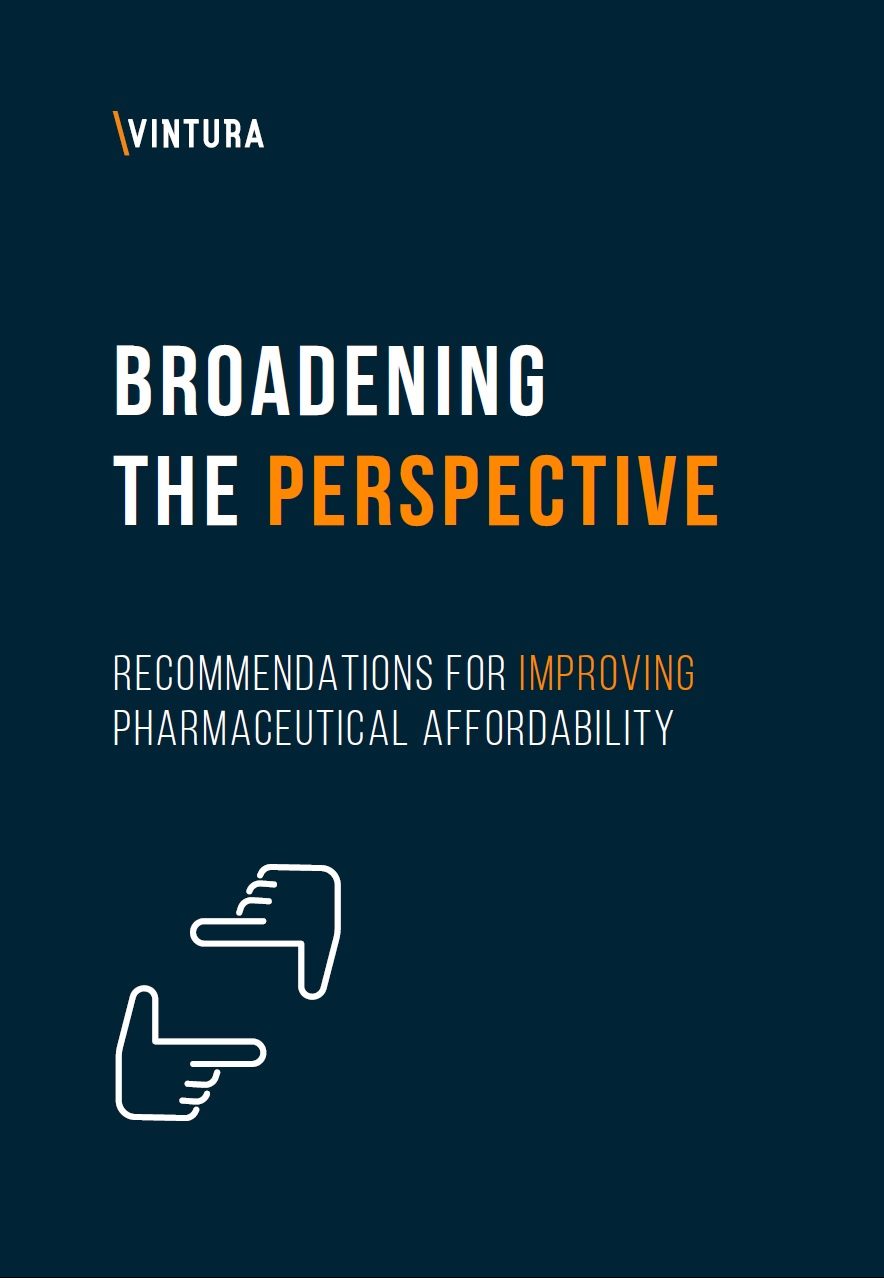Are medicines affordable for health systems? EFPIA event lays out the myths, the facts and the way forward
n 29 September, the European Federation of Pharmaceutical Industries and Associations (EFPIA) is holding a panel session at the European Health Forum Gastein to discuss medicines and vaccines affordability and the impact on Europe’s healthcare systems.
Despite pharmaceutical expenditure representing an average of just 15% of health spending across Europe, it has long been a focal point of health authorities’ cost containment policy and intense political debate. Healthcare budgets are under continuous pressure from a multitude of factors – such as inefficiencies and waste, inflation, and growing and ageing populations. A broader understanding is needed about the role of investment in new treatments and vaccines to deliver more for patients, savings for health systems, and support productive economies.

The EFPIA session will discuss the affordability of medicines from budget design and allocation perspective and explore potential solutions to ensure European patients gain fast and safe access to novel therapies.
The panel includes Jamie Espin, Professor, Andalucian School of Public Health; Casper Paardekooper, Partner, Vintura; Cesar Hernandez Garcia, Director General, DG of Common NHS Portfolio and Pharmacy, Ministry of Health (Spain), Anca Toma, Executive Director, European Patients Forum and Boris Azais, Director Public Policy, Merck Sharp & Dohme (MSD). They will debate the possible ways forward to improve affordability, lay out facts and challenge common myths surrounding medicines affordability.
The session follows the publication of a new white paper ‘Broadening the Perspective: Recommendations for Improving Pharmaceutical Affordability’- researched by Vintura and commissioned by EFPIA.
Often spending on medicines will create cost efficiencies: savings in alternative healthcare spending – for example on hospital use – or by increasing productivity for the health care system or even society as a whole. The paper offers five potential solutions that could be used to take a broader perspective and realize long-term, cross-budget cost offsets that contribute to pharmaceutical affordability.
Read the full paper and recommendations here






